
James Earl Jones, the beloved stage and screen actor who lent his iconic, deep voice to Darth Vader in Star Wars and Mufasa in The Lion King, has died at 93.
Regarded as one of the best actors of his generation, Jones’ career spanned Shakespeare to Hollywood hits. He is one of the few actors to have won an Emmy, Grammy, Oscar, Tony Award.
The actor’s death was reported by Deadline, via his representatives at Independent Artist Group.
James Earl Jones was born January 17, 1931 in Arkabutla, Mississippi and raised by his grandparents in Dublin, Michigan. While he would later become one of the most famous voices in the world, he says he suffered from a stutter in his youth.
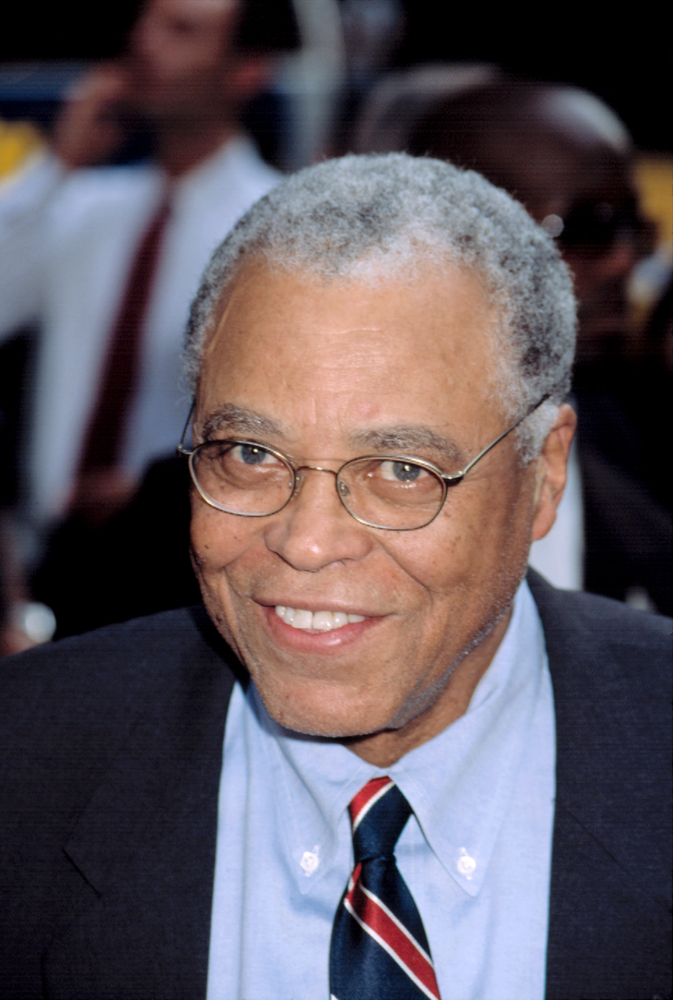
“I was a stutterer. I couldn’t talk,” Jones recalled in a 1996 interview. “So my first year of school was my first mute year, and then those mute years continued until I got to high school.” A teacher encouraged him to overcome his stutter by reading poetry aloud.
Jones served in the US Army during the Korean War, and after decided to pursue a career in acting. He studied at the American Theatre Wing, working as a janitor to support himself. By the 1960s, Jones was establishing himself as one of his generation’s great Shakespearean actors, playing roles like Othello and King Lear. He also made his film debut in Stanley Kubrick’s classic 1964 comedy Dr. Strangelove, as bombadier Lt. Lothar Zogg.
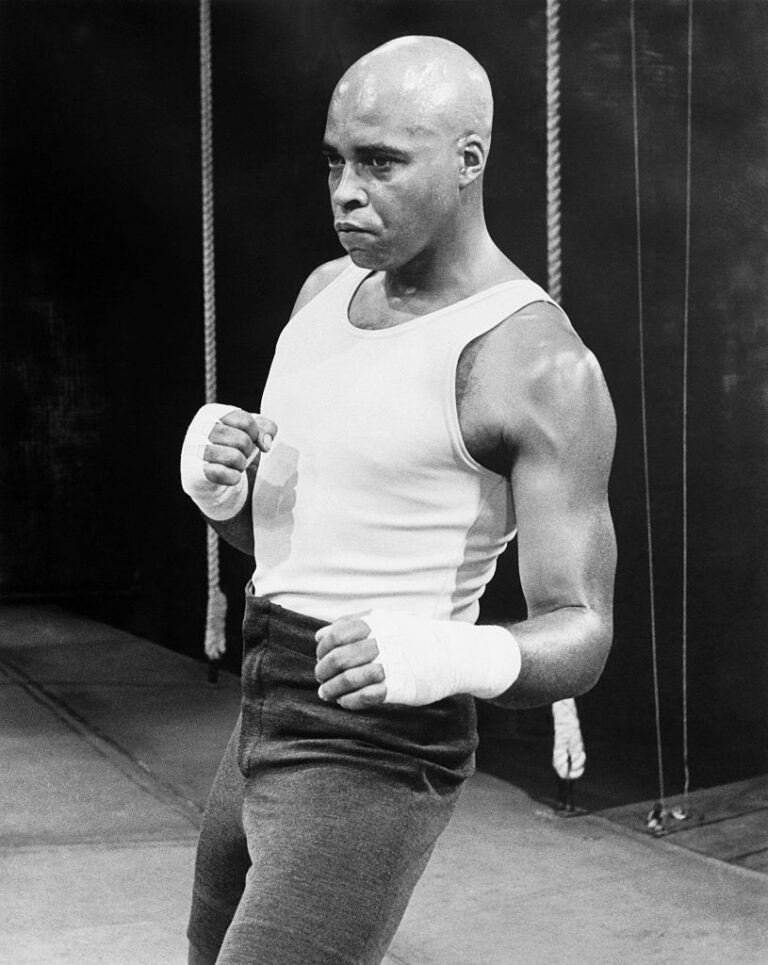
In 1967, he played a boxer in The Great White Hope, winning the Tony Award for Best Actor in a Play. He reprised the role in the 1970 film version, receiving his first Academy Award nomination.
Amidst all his acclaimed acting work, Jones soon landed his most well-known and iconic role — one where he didn’t even have to appear on set: voicing the villainous Darth Vader in Star Wars. While Vader was played in costume by David Prowse, Jones dubbed over the lines with his own deep bass voice, helping to create one of the most famous characters in movie history.
While Jones originally opted to go uncredited for the role, it has become perhaps his most famous performance. He continued to voice Vader for decades, in the two sequels The Empire Strikes Back and Return of the Jedi, the prequel Revenge of the Sith and the spin-off Rogue One. In 2022, Jones retired from the role, but signed an agreement for his voice to be used in future projects using artificial intelligence and archive recordings.
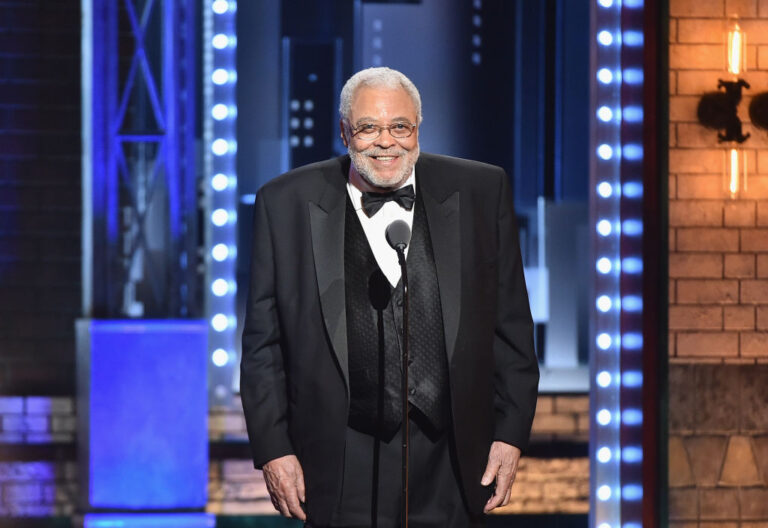
Jones also provided the voice of another beloved movie character, Mufasa in the 1994 Disney film The Lion King. Jones later reprised the role in the 2019 remake.
Throughout the ’80s and ’90s, Jones appeared in many Hollywood films, including Conan the Barbarian, Coming to America, Field of Dreams, and The Hunt for Red October, Patriot Games and The Sandlot. He also won his second Tony Award, starring in the original production of August Wilson’s Fences.
He received eight Emmy Award nominations for his television work, winning twice in 1991: Outstanding Supporting Actor in a Limited Series or Movie for Heat Wave and Outstanding Lead Actor in a Drama Series for Gabriel’s Fire.
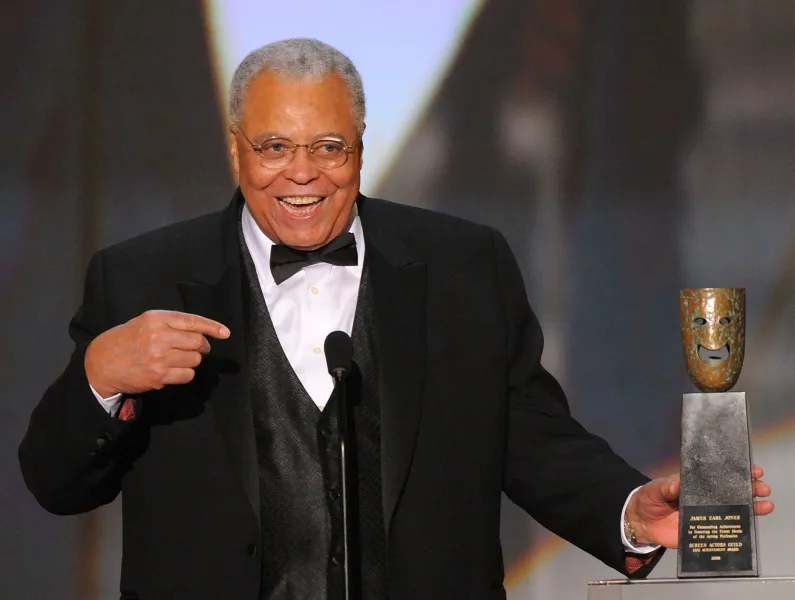
Jones also continued to perform on Broadway: over the past 20 years he starred in revivals of On Golden Pond, Cat on a Hot Tin Roof, Driving Miss Daisy, The Best Man and You Can’t Take it With You.
Jones was the recipient of many awards and honors throughout his acclaimed career. He received an Honorary Academy Award in 2011, making him one of the only people to have won an Emmy, Grammy, Oscar and Tony Award, known as “EGOT.” Broadway’s Cort Theatre was renamed the James Earl Jones Theatre in his honor in 2022.
Rest in peace to the iconic James Earl Jones, one of the greatest actors of our time — please share this
Here’s what this loop on your shirt is for

The subtle details of clothing often hide interesting stories. Take a look at the back of your shirts, ever noticed that little loop? You’ll often find it on dress shirts for men, seemingly inconspicuous but with a couple of intriguing purposes you might not have known about.
While dress shirts are typically part of more formal attire, they can also be dressed down for a casual look when paired with the right pants and accessories. But that loop on the back? It wasn’t just arbitrarily placed there.
Originally, it was a thoughtful addition for those hitting the gym frequently. Its purpose? To make hanging the shirt on a hanger a breeze, especially when you’re on the go and need to transition from one place to another without fussing about where to put your shirt.
Interestingly, that little loop had a flirtatious function too. In the past, it was used as a subtle signal of relationship status. If the loop was out and visible, it supposedly indicated that the person was taken, hence not needing to hang around looking for a place to hang their shirt. However, over time, its significance has faded away, becoming just another mundane part of shirt design.
Fashion trends may have evolved dramatically over the last century, but some elements remain unchanged. Men’s clothing, in particular, holds onto certain timeless features. Case in point: the back-of-the-shirt loop.
Often termed a “locker loop” or even a whimsical “fairy loop”, it’s stitched onto most Oxford or button-down shirts. Its primary purpose? Hanging up the shirt. Legend has it that these loops trace back to U.S. sailors who used them to hang their shirts aboard ships.
During the 1960s, they became an integral part of mainstream menswear, especially on college campuses as part of the “preppy” look. Gant, a clothing manufacturer, is often credited with popularizing this button-down style across Ivy League campuses. The man behind the brand initially introduced this shirt design to Yale University’s shop for male students, and from there, its popularity spread far and wide.

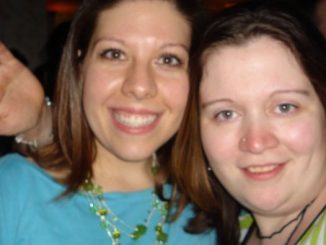

Leave a Reply